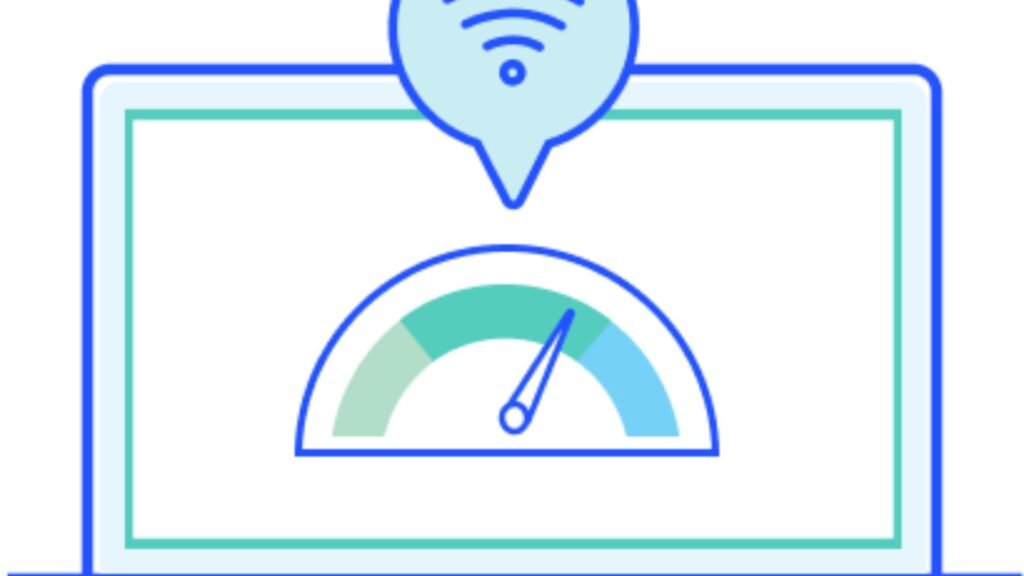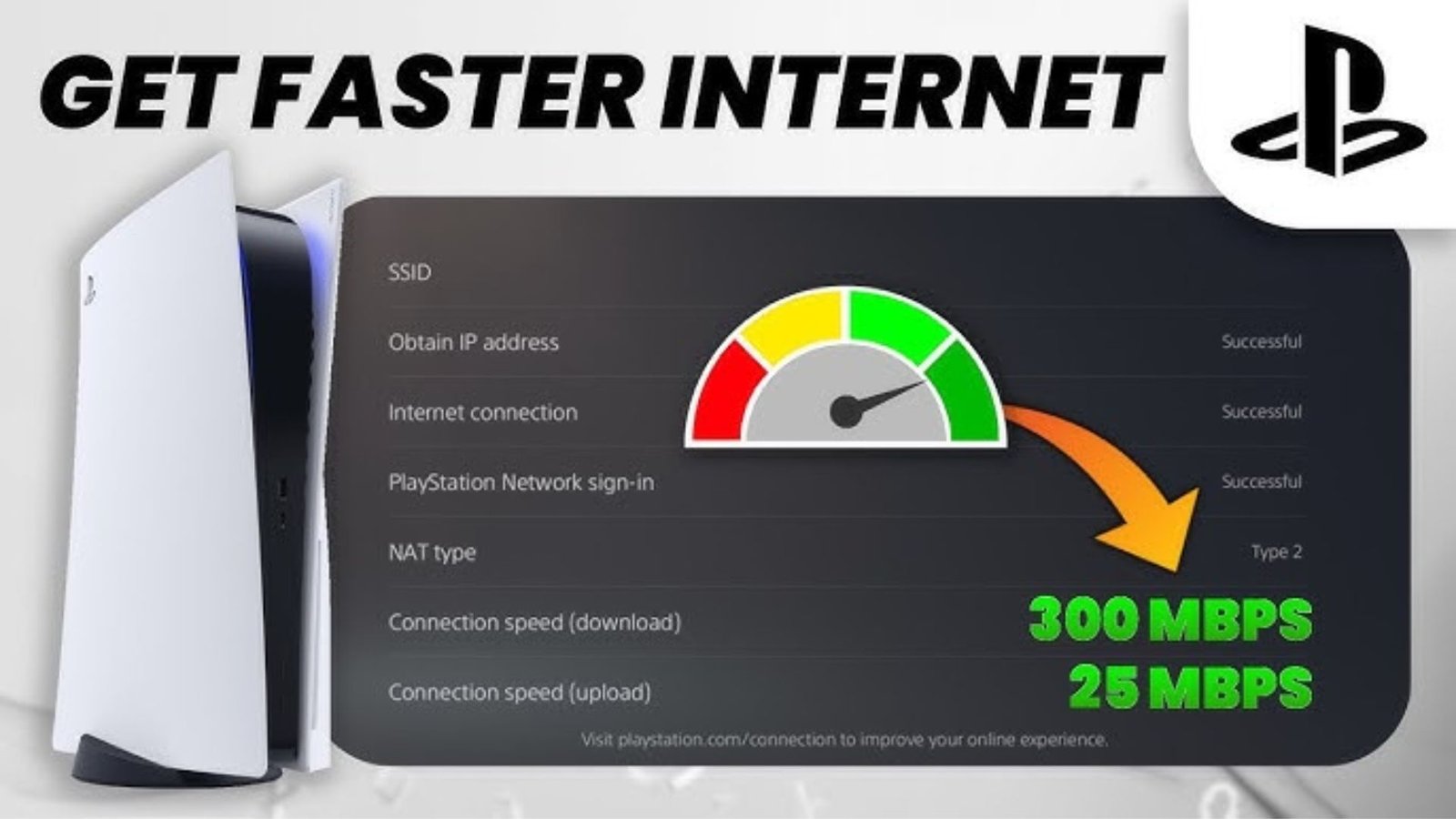For gamers, a fast and stable internet connection is crucial for a smooth gaming experience. How to optimize internet speed for gaming involves several strategies to enhance your connectivity and reduce lag. Here’s a guide to help you improve your gaming performance.

1. Check Your Internet Speed
Test Your Connection
- What to Do: Use online tools like Speedtest.net or Fast.com to measure your current internet speed.
- Why It Helps: Knowing your baseline speed helps you determine if you need to make improvements or contact your ISP (Internet Service Provider).
Evaluate Your Speed
- What to Look For: For online gaming, aim for a download speed of at least 3 Mbps and an upload speed of 1 Mbps. Lower latency (ping) is also crucial for reducing lag.
- Why It Helps: Understanding your speed helps you assess whether it meets the requirements for a smooth gaming experience.
2. Optimize Your Router Settings
Position Your Router
- What to Do: Place your router in a central location in your home, away from obstructions and electronic devices that can cause interference.
- Why It Helps: A central location improves signal strength and coverage, reducing connectivity issues.
Update Router Firmware
- What to Do: Check for and install any available firmware updates for your router.
- Why It Helps: Firmware updates can improve performance and fix security vulnerabilities.
Use Quality of Service (QoS) Settings
- What to Do: Configure QoS settings on your router to prioritize gaming traffic over other types of internet use.
- Why It Helps: QoS ensures that your gaming data is given priority, reducing lag and improving overall performance.
3. Use a Wired Connection
Connect via Ethernet
- What to Do: Use an Ethernet cable to connect your gaming device directly to your router.
- Why It Helps: A wired connection offers a more stable and faster connection compared to Wi-Fi, reducing latency and packet loss.
Optimize Cable Management
- What to Do: Ensure your Ethernet cables are in good condition and properly connected.
- Why It Helps: Well-maintained cables help maintain a reliable and high-speed connection.
4. Minimize Network Interference
Reduce Wi-Fi Interference
- What to Do: Avoid using devices that can interfere with your Wi-Fi signal, such as microwaves and cordless phones.
- Why It Helps: Reducing interference improves Wi-Fi signal strength and stability.
Limit Bandwidth-Heavy Activities
- What to Do: Avoid running multiple bandwidth-heavy applications (like streaming video) while gaming.
- Why It Helps: Freeing up bandwidth ensures that your gaming traffic is not competing with other uses, reducing lag.
5. Optimize Game Settings
Adjust In-Game Settings
- What to Do: Lower graphics settings in your games to reduce the amount of data your system needs to process.
- Why It Helps: Adjusting settings can improve performance and reduce lag, especially if your system is struggling to keep up.
Close Background Applications
- What to Do: Close unnecessary applications and processes running in the background on your gaming device.
- Why It Helps: Closing background applications frees up resources for gaming, reducing lag and improving overall performance.
6. Monitor and Troubleshoot Connection Issues
Check for Network Congestion
- What to Do: Use network monitoring tools to identify if network congestion is affecting your speed.
- Why It Helps: Identifying congestion helps you take steps to mitigate it, such as adjusting QoS settings or upgrading your internet plan.
Troubleshoot Connectivity Problems
- What to Do: Restart your router, check cables, and ensure there are no issues with your ISP.
- Why It Helps: Regular troubleshooting can resolve connectivity issues and improve your gaming experience.
Conclusion
How to optimize internet speed for gaming involves a combination of testing and improving your connection, configuring your router, and managing your network environment. By implementing these strategies, you can enhance your internet speed, reduce lag, and enjoy a smoother and more enjoyable gaming experience.











